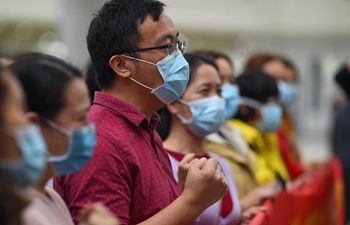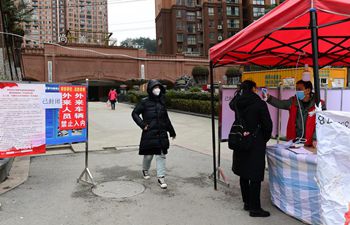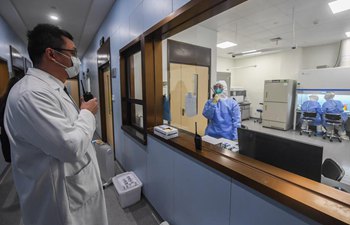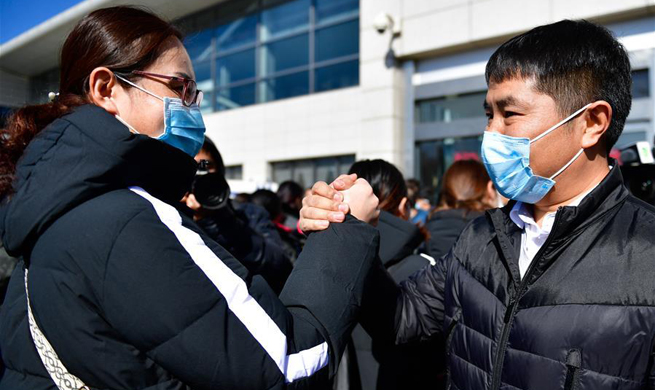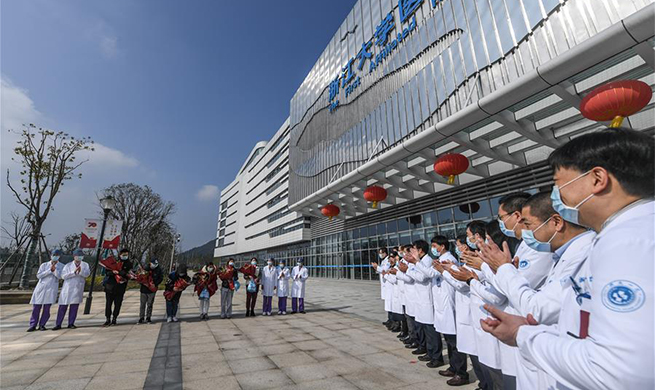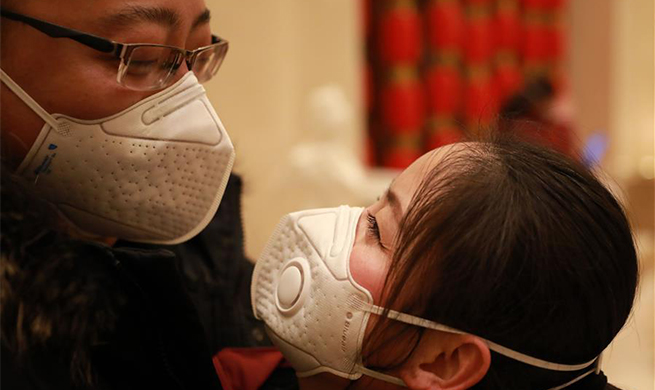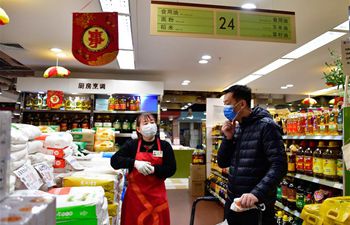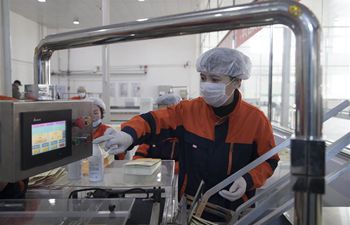MANILA, Feb. 5 (Xinhua) -- The Philippine Statistics Authority (PSA) said on Wednesday that the performance of manufacturing production in the Philippines continued to decline for the 12th consecutive month in December, resulting in a full-year decline in 2019.
Based on the preliminary results of the Monthly Integrated Survey of Selected Industries (MISSI), PSA said that year-on-year volume of production index (VoPI) and value of production index (VaPI) declined by 10.1 percent and 9.5 percent, respectively.
"Petroleum products and basic metals, with 47.9 percent decrement, contributed largely to the decrease of VoPI in December 2019," the PSA said.
It added that the decline in VaPI was mainly influenced by the decreases in the indices of nine major industry groups led by basic metals, petroleum products and textiles.
The National Economic and Development Authority (NEDA) said both indices remained in the negative territory in the 12 months of 2019, resulting in a full-year decline of 8.6 percent and 7.1 percent, respectively.
This reversed the positive growth of manufacturing that was recorded in 2018, NEDA added.
Socioeconomic Planning Secretary Ernesto Pernia said the government should continue supporting initiatives towards digital solutions in the private sector to boost manufacturing growth and bounce back from its decline in 2019.
"We encourage industries to capitalize on innovation to reach their growth potential in this era of the Fourth Industrial Revolution. To this end, the government needs to formulate and implement policies and programs to stimulate innovation in the country," Pernia said.
He added that building the capacity of the workforce and embedding innovation in training are also crucial to meet technical and emerging market demands.
Moreover, he said the Philippines also needs to improve its reputation concerning intellectual property protection.
"This will attract foreign companies to locate sensitive technologies and product operations in the country. These will also allow the country to expand from the production of basic products and commodities to higher value intermediate and specialty products for domestic and export purposes," Pernia added.
To support manufacturing growth, Pernia stressed the need to strengthen the transport and logistics sectors by building quality and climate-resilient infrastructure.
MISSI is a report that monitors the production, net sales, inventories, and capacity utilization of selected manufacturing establishments to provide flash indicators on the performance of the manufacturing sector.
